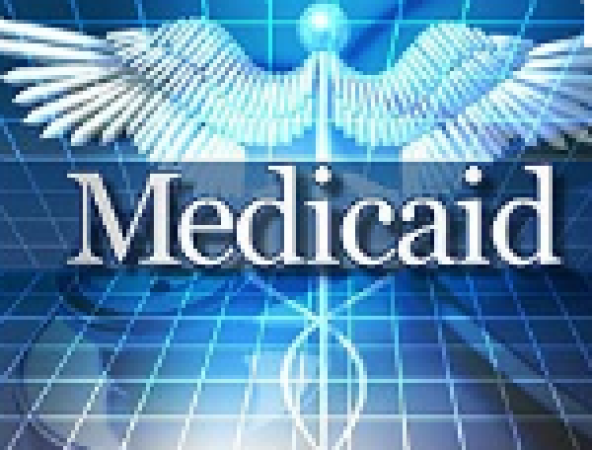So, what’s the alternative to expanding Virginia’s Medicaid program? Let an estimated 400,000 Virginians continue without health insurance?
That option was workable in the past because the federal government gave financial aid to hospitals to help offset some of the cost of providing health care to indigent patients. But the Affordable Care Act (Obamacare) is cutting that aid on the grounds that, between Medicaid expansion and the new health exchanges, most people will have health insurance now.
Thus, a decision by the General Assembly to reject Medicaid expansion would force Virginia hospitals either to stop treating uninsured patients or to eat tens of millions of dollars in unpaid bills (some $100 million just for the University of Virginia and Virginia Commonwealth University health centers) every year.
Del. Bob Marshall, R-Manassas, has proposed strengthening the non-governmental safety net instead. His idea is far from a complete solution — it can’t possibly make up the loss of hundreds of millions of dollars in federal Medicaid payments. But the proposal would put into place an important piece of a broader, market-based health system.
Marshall’s alternative to expanding Medicaid is to expand the network of free health clinics across Virginia by encouraging physicians and nurses to donate more of their time. His House Bill 39, co-patroned by Del. Patrick Hope, D-Arlington, would exempt voluntary health providers from civil damages for any injury or death resulting from volunteer treatment (excepting in cases of gross negligence or willful misconduct), and would have the Attorney General’s office represent volunteers if such immunity were challenged.
Marshall envisions churches, neighborhood groups and hospitals setting up neighborhood primary care centers staffed with volunteer labor. As it stands, Virginia already self-insures 3,400 physicians for care they provide in free clinics. No lawsuits are pending against free clinic care.
One could argue that free clinics staffed by volunteer labor cannot possibly provide the scope of coverage of an expanded Medicaid program. But, as Marshall observed in a recent Times-Dispatch op-ed, Medicaid has significant problems of its own. Medicaid pays less than Medicare or private insurance, and there are concerns that many Medicaid patients will have difficulty finding a doctor. Indeed, the reimbursement for Medicaid services is so low and the paperwork cost of complying with the program is so high that some doctors may conclude that it’s preferable to treat the indigent in free clinics.
Marshall’s idea would strengthen the primary care network for the indigent but it is not a comprehensive solution. There is no guarantee that doctors and nurses will volunteer in sufficient numbers to provide care to 400,000 patients — even assuming the free clinics had the capacity to handle such a number. And his bill would not cover the cost of providing tests, medication and procedures best performed in a surgical facility, much less a procedure requiring intensive care.
HB 39 is best seen as a small part of a larger package of state-and-federal-level, market-based reforms that decouple health insurance from employment, create price and quality transparency, spur innovative treatment models and promote hospital competition and productivity.






